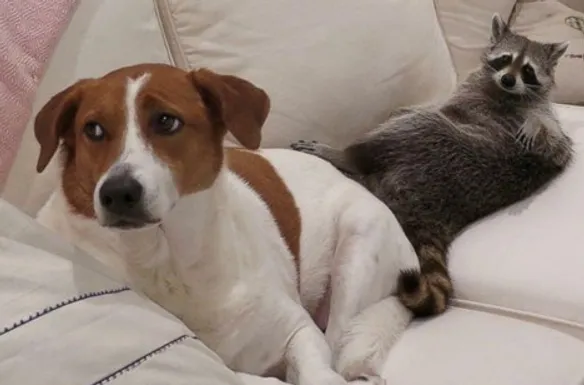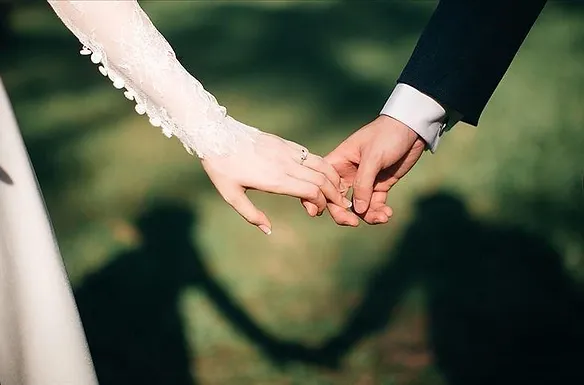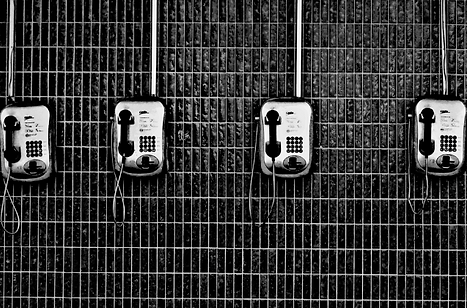
The Masked Bandits: Raccoons as Pets?

Raccoons are animals native to the North American forests. They are very intelligent and skilled, which makes them a versatile species. They are famous for their beautiful furs and masked faces, which gave them the reputation of being thieves. Still, this reputation is not wrong at all. Thanks to their intelligence and speed, they can often be found sneaking food from people or houses. Although they have adapted to urban life, they remain as wild animals which can carry many diseases, including rabies. Additionally, like all wild animals, they can behave unpredictably and aggressively. For these reasons, many people consider them as pests and are afraid of encountering them. However, the rest of the people find these small “Trash Pandas” (another nickname given to the raccoons) adorable, fun to play with, and lively. Today, I will tell you more about our relationship with the raccoons and whether they can or should be kept as pets. 1
Today, raccoons are not only found in the North American frontier. Especially in the last century, many raccoon populations were introduced to various locations throughout the world. Many of these introductions were deliberate. In Germany, Prussian authorities introduced them in order to enrich the fauna. In USSR, many populations were introduced so that they could be hunted for their fur later on. However, only two main groups could survive and flourish, in Belarus and Azerbaijan. Interestingly, in Japan, many people imported raccoons as pets after watching a successful anime series featuring a raccoon. As time went on, some raccoons fled and inhabited the island. Since raccoons are highly versatile and invasive animals, their uncontrollable population growth may sometimes endanger the local fauna. Therefore, in some countries where raccoons are not native species, the governments highly encourage raccoon hunting. During 2015/16 hunting season, around 128.000 raccoons were hunted in Germany. 2
On the other hand, in some countries, keeping raccoons as pets are legal, although not common. The most famous example of this was US President Calvin Coolidge’s pet raccoon Rebecca, who was initially meant to be a thanksgiving dinner for the president. However, he chose to keep her as his pet instead, later getting a second raccoon to accompany Rebecca. As President Coolidge probably agrees, raccoons are very cute and enjoyable pets. Their constant activity and playability make them a good option for adventurous pet owners. Also, raccoons can bond with their humans if they were raised in captivity from a young age. In this case, it is safer to have a raccoon. Plus, thanks to their intelligence, they can learn a few commands and even be trained to use the litter box. That is if they wish to obey your commands at all. Lastly, raccoons usually get on well with cats and dogs. As long as they have separate and enough food, a conflict is unlikely to occur.
President Coolidge’s Raccoon Rebecca, held by the First Lady Grace Coolidge 3
As cute as it seems, owning a pet raccoon is a big responsibility and takes a lot of time and effort. Since they are wild animals, they possess many various kinds of diseases that can be transmitted to humans. Even if we let alone all the diseases and chances of fighting with wild animals, raccoons are very active beings. They are very energetic and look for constant attention. In the short term, this means long games and bathes. It is truly enjoyable if you have a spacious house, enough time to attend to your raccoon, and enough patience to endure all the damage that might occur to your sofas. However, when you separate a raccoon from the wilderness, you take away its ability to survive independently. So, adopting a raccoon is an irreversible choice. Separating a raccoon from its natural herd is not an issue since raccoons can live as single as well. However, the raccoon will probably feel the urge to wander around freely as it would in the wilderness and will also feel the need to mate at some point. These are two very crucial needs that their human owners cannot attend to. Also, raccoons that live in captivity tend to gain too much weight, which leads to health issues. Seeing all these, it is clearly not fair to captivate a raccoon from its native life. 4
A Pet Raccoon Along with a Pet Dog 5
All in all, it is technically possible and even charming to adopt one or two pet raccoons. Their cute appearance and fun personalities make them an option for some pet owners. However, captivating such an undomesticated and wild being is totally unfair and unhealthy, both for the raccoon and for humans. Therefore, it is best to leave these adorable food thieves alone and free.




